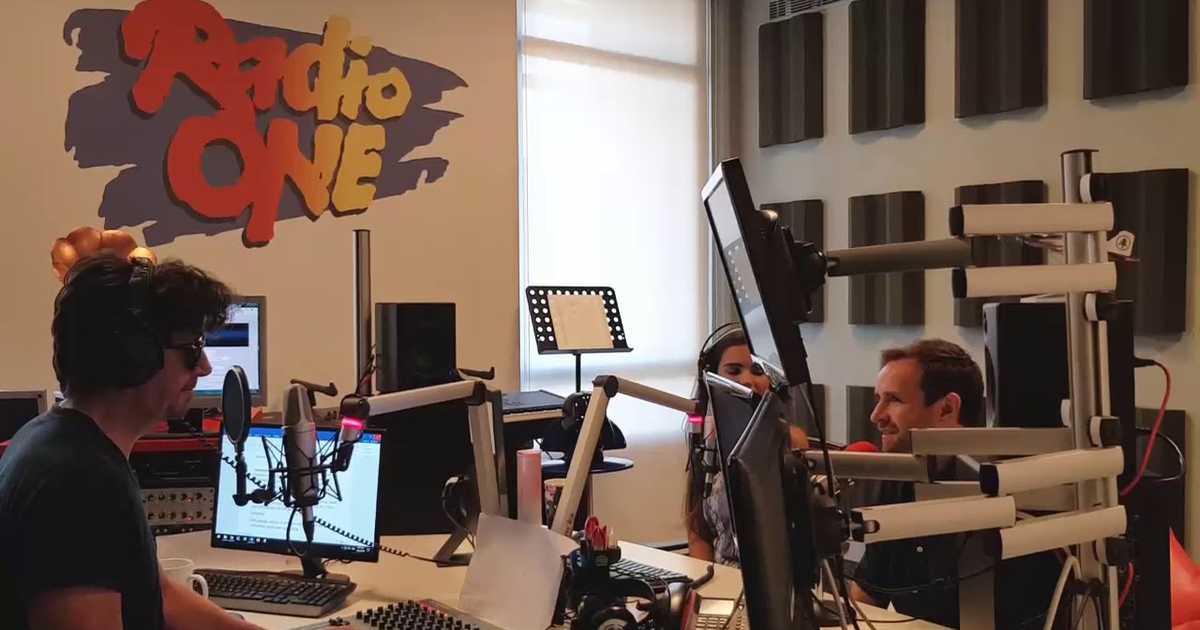Radio One Lebanon announced that it will shut down as of February 1st after 37 years on air, and that’s due to the continuing financial crisis and deteriorating economy that Lebanon has been enduring for months now.
Up to yesterday, the legendary Radio One Station was entertaining millions of listeners from all ages since 1983; the year it was founded by Raymond Gaspar as CEO and Roger Gaspar as program director.
During these 37 years, the station survived wars, crises, and conflicts, playing international music 24 hours a day, 7 days a week.
It also broadcasted daytime and nighttime shows, including Breakfast Show with Gavin Ford and Olga, Radio One’s Top 20, Monday Night Love Songs Special, and The Classics, playing listener requests from the 1970s through the 1990s.
In 2018, the British Radio One host Gavin Ford, one of Lebanon’s most popular radio presenters, was found dead in his home in the hills of Beit Mery near the capital, Beirut.
The Lebanese Security Forces back then arrested two Syrian nationals who admitted killing Gavinin his house.
Ford was the host of the breakfast show for Radio One since 1996 and well-loved by the Lebanese public. He was described by many as a “charismatic voice” and a “bright star” and also as a “positive vibe in the morning.”
His sudden death left his fans, family, friends, and colleagues shocked back then, mourning his loss and expressing their sorrow in tributes posted on social media.
Most of the Lebanese media outlets have been suffering in the past few years from financial difficulties; a status quo that has caused the closure of several institutions, as well as businesses, and the lay off of employees over lack of funding.
We witnessed in the past three years, the cessation of a series of prominent daily newspapers due to funding shortages.
This included As-Safir newspaper, which closed in 2016 after 43 years in operation, Al-Anwar newspaper in 2018, and the pan-Arab newspaper Al-Hayat newspaper (founded in 1946) that closed its offices in Beirut and stopped printing, settling for its international online version.
In February 2019, Al-Mustaqbal (Future) newspaper discontinued its printed edition after 20 years of operation, switching to an all-digital business format as of February 14.
While in September 2019, Lebanon’s media crisis reached its TV station, Future TV, which closed down until further notice as stated by former Lebanese Prime Minister Saad Hariri.
Similarly, two months ago and as a result of the economic struggling condition Lebanon is suffering from, Journalist Joe Maalouf confirmed on his official twitter account that Jaras Scoop FM will be shutting down on Saturday, November 29.
